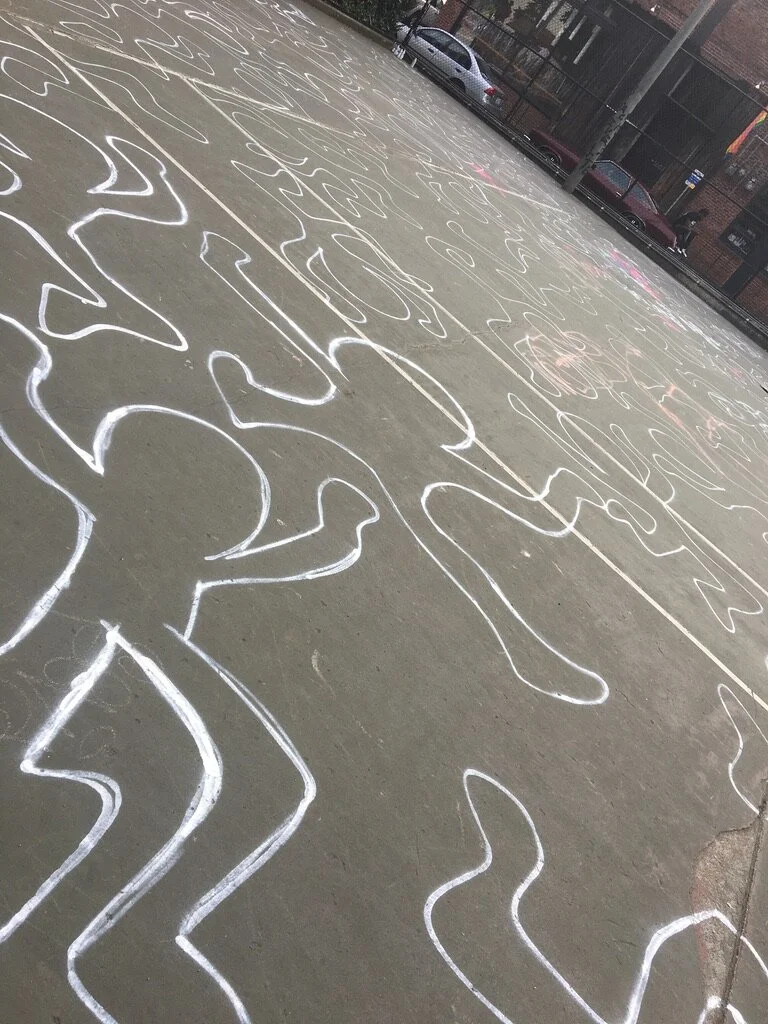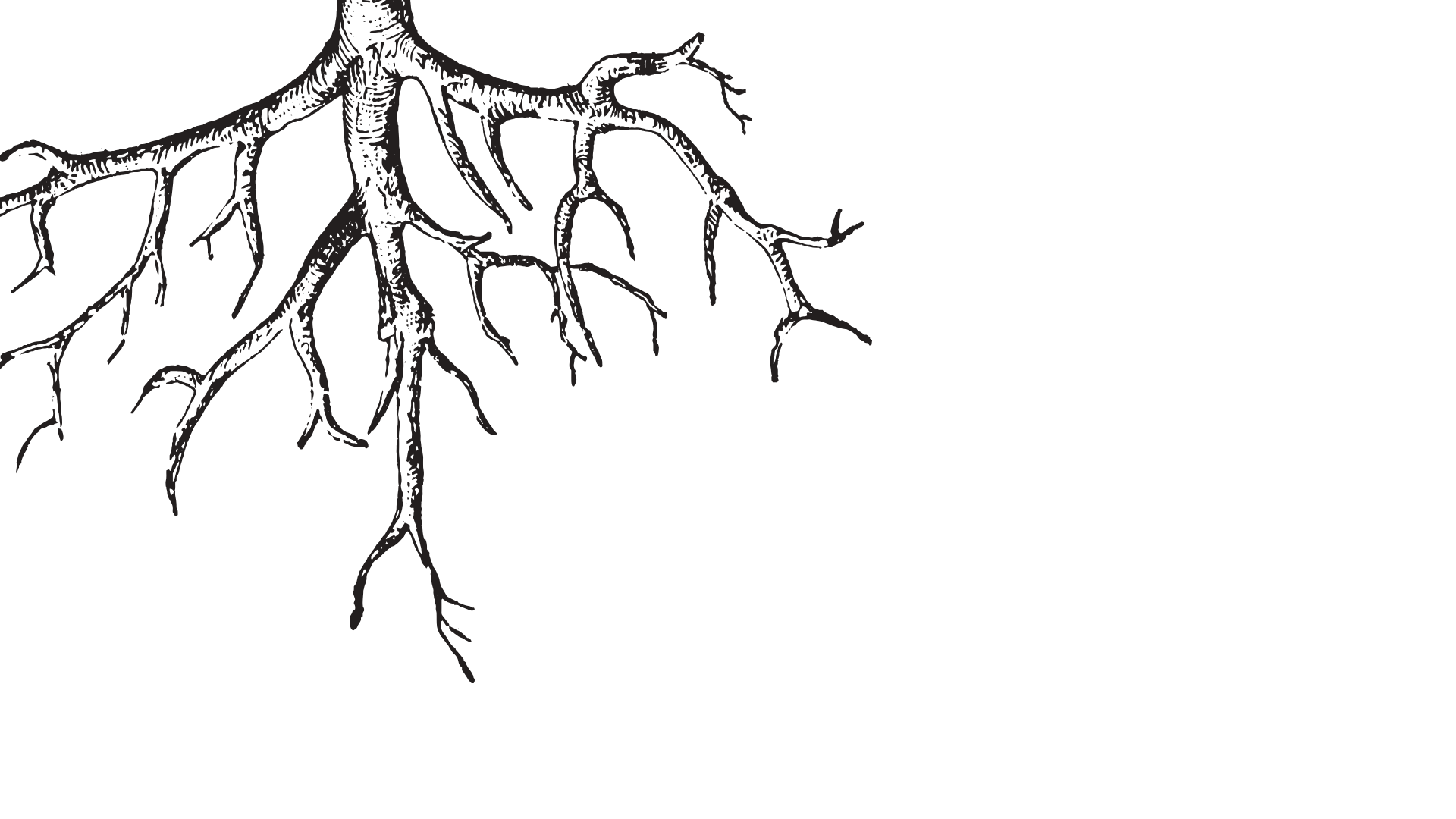Lament: Crucifying a Piece of Our Own Heart
Watching the video timeline of what happened in the Powderhorn area in Minneapolis last week, I was stunned silent. There are few times in my life that I have felt that way, but watching how the last few minutes of George Floyd’s life played out, I was so overwhelmed that I couldn’t process it. Should I be mad? Should I be tearful? I couldn’t express anything. I just sat there in silence, unaware that my mouth was open.
Like so many others, I tried to hold on to the idea that this man’s life ended in a demeaning and unjust way on May 25, 2020. George Floyd should not have been killed. The world shouldn’t have to hear another story like Mr. Floyd’s. The world should never have to carry the weight of this kind of injustice.
Not only is this kind of injustice is real. It is also common.
It is the kind of common and pervasive that I, honestly, do not want to deal with. This kind of injustice has affected the African American community uniquely and to a degree that no community should have to bear.
Mere Activism is Never (Deep) Enough
The only way to deal with systematic and personal injustice is to go deeper than we are willing to go on our own…not merely social action. There is something deeper within us all. Along with the real loss of a man who was crafted purposefully in God’s image (which is grievous enough) what we find in the hidden places of our hearts should cause us to lament.
Living in the Soviet Union during the reign of Joseph Stalin, Aleksandr Solzhenitsyn lived as a citizen and an outspoken critic of the country and system he lived in. His conviction eventually led him to incarceration in one of the Soviet’s infamous gulags. Solzhenitsyn was a man who looked into the face of real evil and injustice and wrestled with the underlying causes. Responding to questions about where evil comes from in his book, The Gulag Archipelago, Solzhenitsyn wrote words that are so true that we may not want to hear them:
If only there were evil people somewhere insidiously committing evil deeds, and it were necessary only to separate them from the rest of us and destroy them. But the line dividing good and evil cuts through the heart of every human being. And who is willing to destroy a piece of his own heart?
It is simple to say evil comes from “out there” or “in those people.” Too simple and too safe. It takes courage to say the evil in society starts with the evil in me. That courage is a gift from God. (2 Timothy 2:25)
There is a lot I Don’t Understand, but Something I Do
I am a white man sitting in a predominately anglo area of Seattle. My life experience is not the same at all of those who are protesting the injustice. It makes me angry, but not in the same way and with the same depth as those who now come to expect that kind of treatment. Though I want to fully understand, I honestly don’t.
But, I do understand me. I do understand how easy it is for me to look down on another person because they are different than me. A specific ethnicity or culture do not make a big difference to me. I am color blind in the way that I can be self-righteous towards people. (Please read that again…that’s not a complement to myself)
Because my understanding of my bentness towards looking down on others and using my “power” to abuse others (let’s call that “self-righteousness” like Jesus does), I recognize that I am not alone in that. It isn’t a trait limited to a political persuasion or ethnicity, it is a human problem. As many have said before me, It is the default mode of every human heart and works out in many insidious and sinful ways.
Sin is the root of the reason why we would rather sacrifice someone for our own good rather than giving ourselves- joyfully- for one another. For the sin of racism (both personal and systemic) to be destroyed so must that piece of our hearts that fuels it.
”Repent” is a Reconciling Word
The lament will also lead us to repent. We need to repent of our self-righteousness. We need to let the God who knows our hearts, expose the secrets of our hearts. This is true, not so we will hang our heads in guilt and shame, but that we might re-formed (really “re-created”) towards sacrificing for our neighbors rather than sacrificing them for our wants.
We don’t want to hear the answers. God’s answer will painfully rend our hearts. Being exposed will shine light on that piece of our hearts that we want to hide. It will challenge the perception of “goodness” that we long for for ourselves- our pride in having it together- and humble us.
A lamenting heart that sees the injustice it can create is by far more freeing and transformative than a token gesture on social media.
If I sound self-righteous in my tone, please forgive me. I am self-righteous. Jesus is saving me from my own desire to look down on others so I feel better about myself. That is why I write this. I need to repent. I want to lament my own sin…taking out the plank in my own eye so I can be free to lovingly, humbly, and boldly help my brother with his.
Repentance Means Saying “Maybe Its Me”
I want our first action to be to ask "Could I really be part of the problem?" That's hard because it is exposing. I'm grieving that exposure myself right now because I know how easy it is for me to look at flaws in others to make myself feel better. No one really wants to see what is really in their heart. But, systemic racism will only end through people answering "yes" to the question above and also finding hope that Jesus transforms a selfish heart into a self-less heart like His own.
If you have read this far would you lament with me? Lament the real injustices and the root causes of it: no one is righteous, no not one (Romans 3:10)
It doesn’t have to be loud and overt. It shouldn’t be public or put on. Just let the Spirit of God work in our hearts to help us to grieve what he grieves, hate what he abhors, and (at the same time) live out the times of refreshing he promised. (Acts 3:20)
There will be a time when we will not have curfews every night and there won’t be as many protest posters carried on our streets, but the deep, heart issues will remain. Let’s grieve them then, too.
Lament for a Purpose
Lament in order to love our neighbors as ourselves.
Lament in order that the world might see (and experience) the freedom that comes through repentance and faith in Jesus.
In order that the God whose image every human being bears might be known and treasured. Treasured as the One who allowed his own loving heart to be rent on an unjust cross to pay our penalty for our injustices. (Romans 6:23)
Please lament with me. Grieve with me what God’s Spirit grieves. Pray with me for a broken heart over sin. Not just “their” sin, but our own sin. That is the beginning of severing the root of racism.















!["I Did it [His] Way"](https://images.squarespace-cdn.com/content/v1/579a90ea59cc68cccf22366f/1590255539891-5XLOMUOVISC8VPROZTEW/Copy+of+Copy+of+Cultivate%284%29.png)





